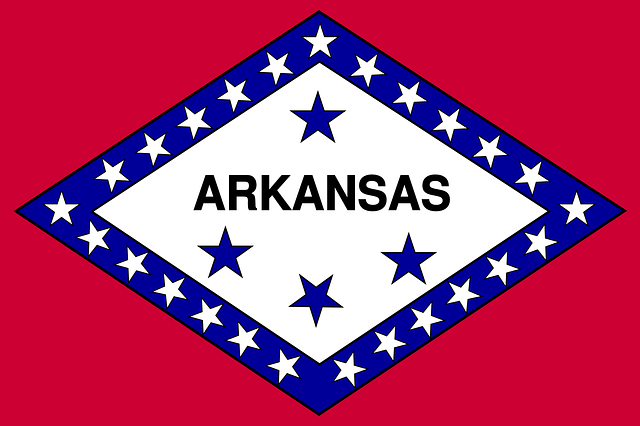Share This Article:

Parents of Deceased Ark. Worker Lose Out to Son’s Wife on Dependency Benefits
28 Apr, 2025 Frank Ferreri

Case File
While it was culturally accepted that a worker would take care of his parents as they got older, the fact that he was married at the time of his on-the-job death meant that only his surviving wife could receive dependency benefits, even though the two were separated and she attempted to disclaim the money. Simply Research subscribers have access to the full text of the decision.
Case
Mohammed v. Maverick Transportation, No. CV-24-461 (Ark. Ct. App. 04/23/25).
What Happened
An Arkansas worker was killed in a work-related truck accident, and his parents sought death dependency benefits. According to the parents, it was customary in the family's culture for adult children to take care of their parents as they aged.
At the time of his death, the worker was married but separated from his wife. Despite the separation, the worker provided his wife with financial support by paying her rent, covering her yard work, and maintaining her vehicle. Additionally, he provided his stepchildren with gifts and school supplies.
Initially, the wife filed a form AR-C for widow's benefits but ultimately requested a voluntary dismissal of the claim, stating that it was her wish that the worker's parents receive any benefits.
The administrative law judge decided that the parents failed to satisfy the required burden of proof to show that they were entitled to partial dependency death benefits. They appealed the decision to the Workers' Compensation Commission, which affirmed the ALJ's ruling.
The parents appealed to court.
Rule of Law
In Arkansas, workers' compensation must be paid to people who were wholly and actually dependent on the deceased employee, and "actual dependency" does not require a finding of total dependency. Instead, as detailed in Hoskins v. Rogers Cold Storage, 916 S.W. 2d 136 (Ark. 1996), actual dependency may be established by showing either actual dependency or a reasonable expectancy of future support, even if no actual support has been provided.
Additionally, Arkansas law limits compensation for alien nonresident dependents in a foreign country to the surviving wife or children and only if there are none do the mother and father receive benefits.
What the Court Said
The court ruled that the parents could not receive compensation because the worker had a surviving wife.
"The fact [the wife] dismissed her claim for benefits does not erase her status," the court wrote. "The statute makes clear that [the parents] are not entitled to benefits."
Thus, the court did not have to consider whether the parents were "wholly and actually dependent" on the worker.
Takeaway
In Arkansas, when it comes to alien nonresidents, "dependents" include the surviving spouse and children" of a work and only if that class of people don't exist do the mother or father "whom the employee has supported" become eligible for benefits.
AI california case management case management focus claims compensability compliance courts covid do you know the rule emotions exclusive remedy florida FMLA glossary check Healthcare health care hr homeroom insurance insurers iowa leadership medical NCCI new jersey new york ohio osha pennsylvania roadmap Safety state info technology texas violence WDYT west virginia what do you think women's history women's history month workcompcollege workers' comp 101 workers' recovery Workplace Safety Workplace Violence
Read Also
- Apr 28, 2025
- Liz Carey
- Apr 27, 2025
- Frank Ferreri
About The Author
About The Author
-
Frank Ferreri
Frank Ferreri, M.A., J.D. covers workers' compensation legal issues. He has published books, articles, and other material on multiple areas of employment, insurance, and disability law. Frank received his master's degree from the University of South Florida and juris doctor from the University of Florida Levin College of Law. Frank encourages everyone to consider helping out the Kind Souls Foundation and Kids' Chance of America.
More by This Author
- Apr 27, 2025
- Frank Ferreri
- Apr 24, 2025
- Frank Ferreri
Read More
- Apr 28, 2025
- Liz Carey
- Apr 27, 2025
- Frank Ferreri
- Apr 27, 2025
- Chris Parker
- Apr 27, 2025
- Chris Parker
- Apr 25, 2025
- Liz Carey
- Apr 24, 2025
- Frank Ferreri




